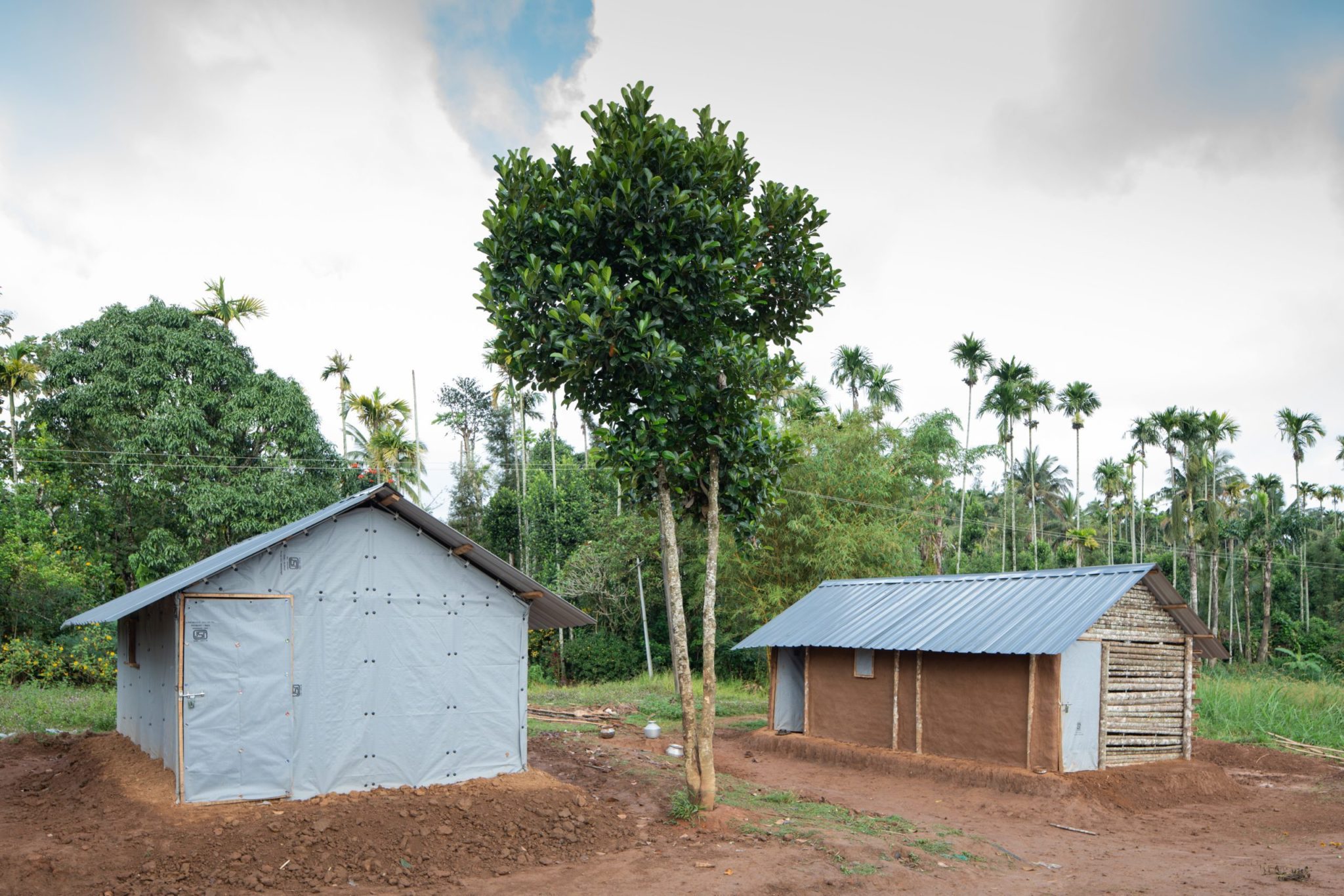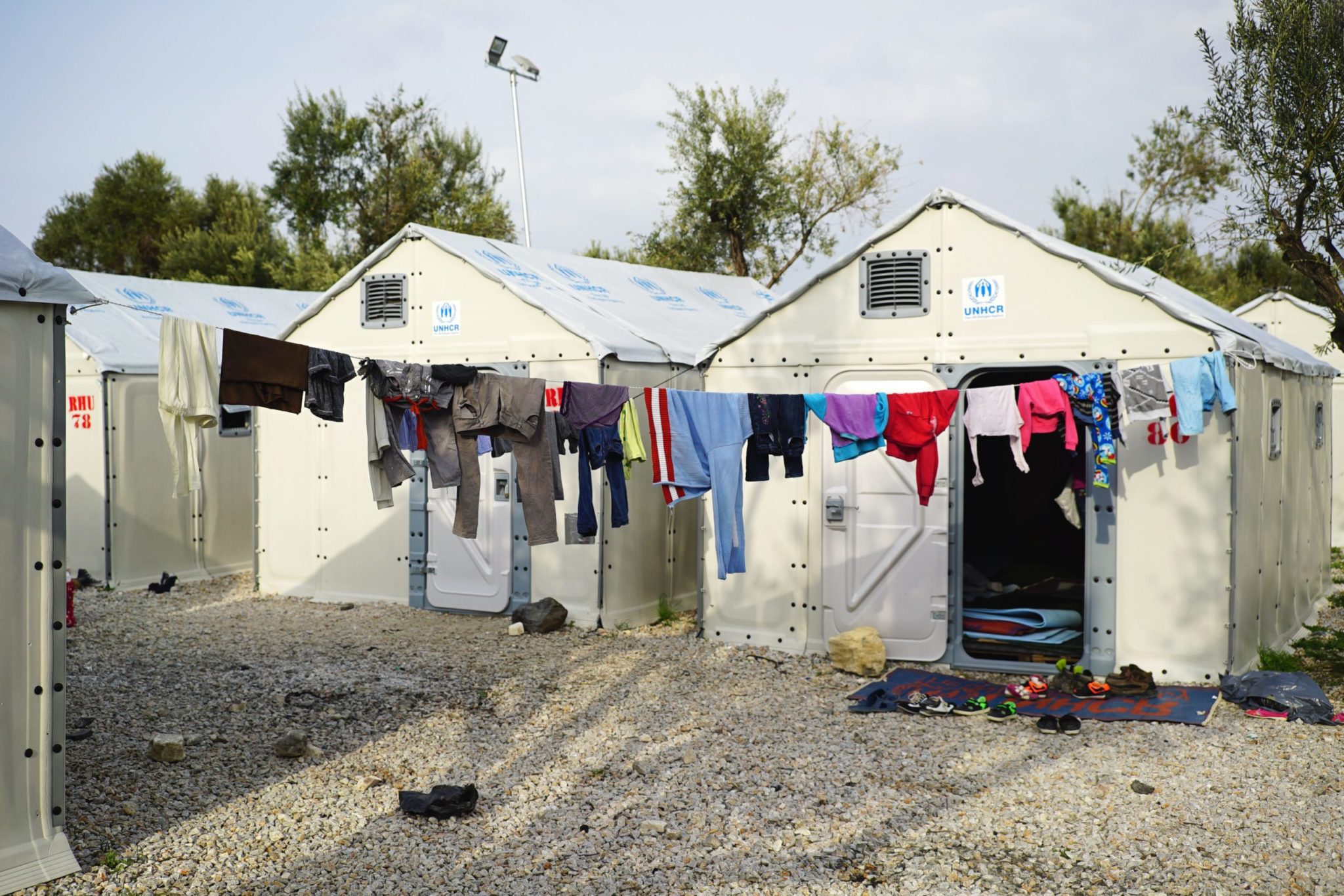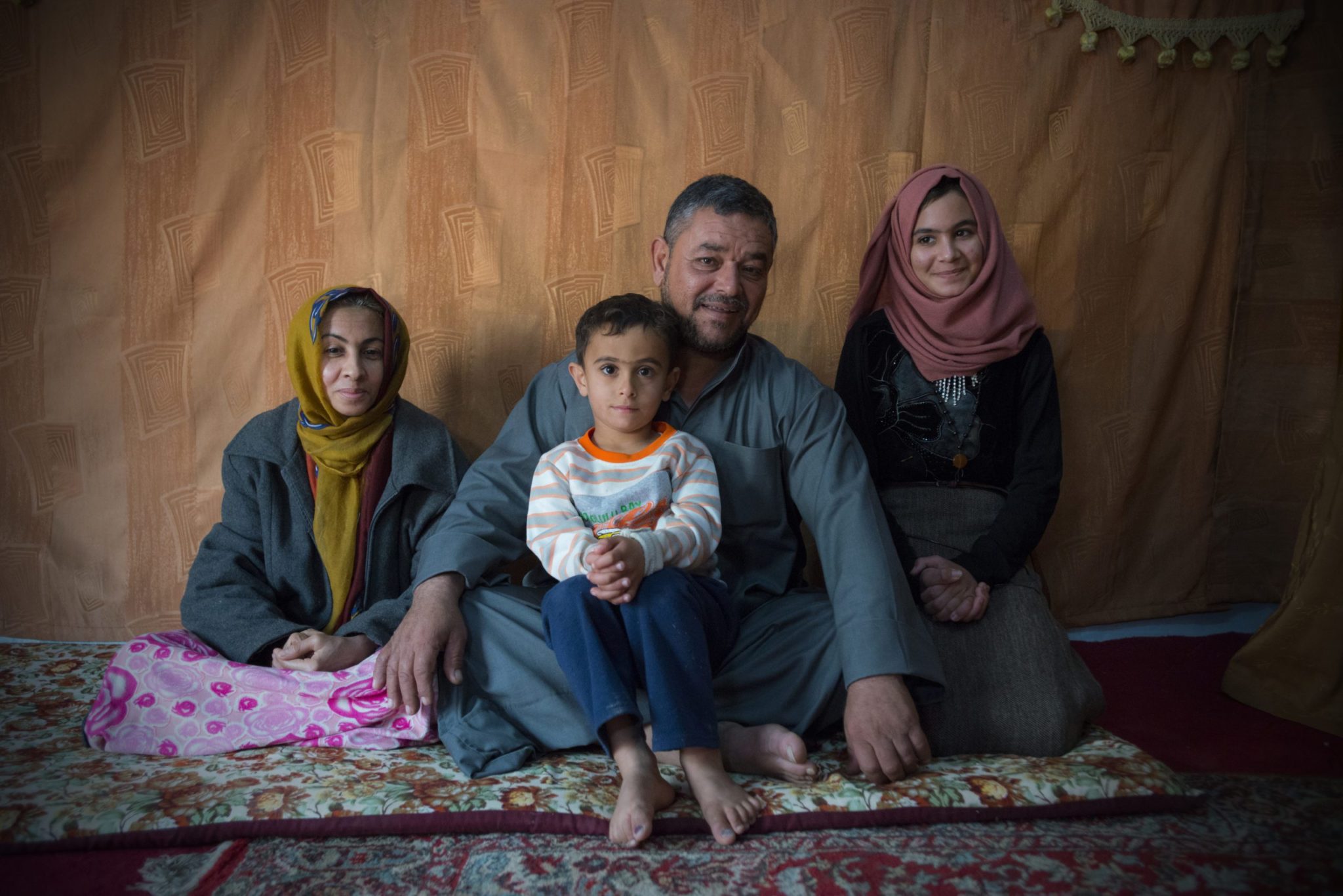The annual Movies that Matter Festival aims to open our eyes by offering a platform for poignant fiction films and documentaries that stir debates about human rights, sustainability, and the fight against injustice. This year’s edition runs until Saturday, March 26. Around seventy films are screened over nine days.
Migration is one of the biggest challenges of our time. Movies that Matter has chosen to present a wide range of films and special side programmes about this topic to raise awareness about refugees’ hardships and difficulties. As part of this, the festival exhibits a Better Shelter unit outside the theatre to highlight the vulnerability of millions of people living as refugees today, many without the fundamental rights that we take for granted. Inside the shelter, you can learn more about Better Shelter, the lives of refugees, and the work of UNHCR.
The festival also presents two main programmes: Amnesty International‘s A Matter of ACT, a tribute to human rights advocates, and Camera Justitia, which features films dealing with law and justice.
Movies that Matter features an extensive in-depth programme connected to most film screenings, allowing the audience to interact with festival guests worldwide in debates, Q&A sessions, workshops, talk shows and seminars.




